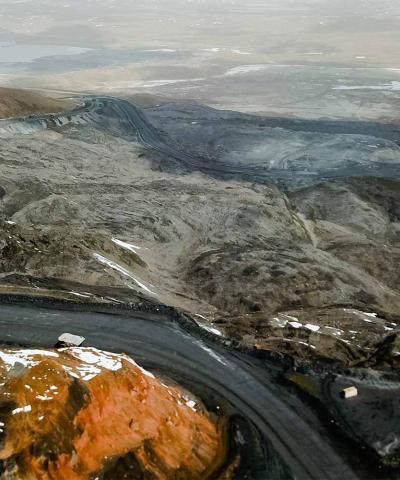Inherent in all human activity, in all economic sectors, the risks must be taken into account and minimized. All UniLaSalle training courses are concerned with this issue, on very different aspects.
Engineers and technicians in Earth and Environmental Sciences focus on the management of natural and industrial risks. The main natural geological hazards (earthquakes, volcanoes, landslides, shrinking and swelling of clays, erosion, etc.) are particularly sensitive for the land-use planning and construction sectors. Strong geotechnical knowledge is necessary to take them into account. In terms of industrial risks, geologists take the appropriate measures to prevent pollution of basements linked to industrial activities, mines or quarries that may affect the water resources located underground, in groundwater.
Within an industry, Environmental engineers are involved in the prevention and treatment of pollution of any kind, and in this they come close to the field of the environment.
The food industry is also concerned with issues related to food security. To avoid any health scandal involving food, they set up quality policies and precise traceability. This is particularly the role of Food and Health engineers who, by their knowledge in microbiology, are perfectly qualified to occupy this type of function.
Agronomy and Agro-industry engineers will be more concerned by the risks linked to the management of a farm. Through their work with the living, subject to diseases, invasions or climatic vagaries, farmers are very vulnerable to the vagaries which can weigh on the economic health of their exploitation. Risk analysis is the subject of particular attention at UniLaSalle, thanks to the Chair in Risk Management in Agriculture, which is working to build a risk management model in agriculture to offer new decision-making tools .
What about research?
On this theme, the Interact research unit (Territory Innovation & Agro-industry, Knowledge and Technology) is interested in the implementation of change and innovation towards sustainable agriculture, and the economic and social risks which are linked.
It can in particular rely on the teaching and research chair Risk management in agriculture.






